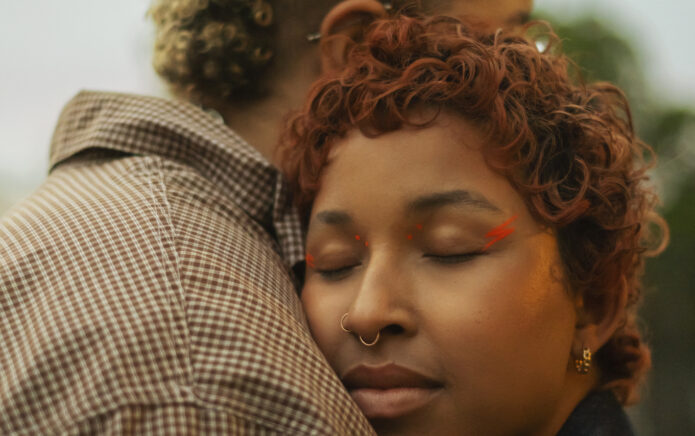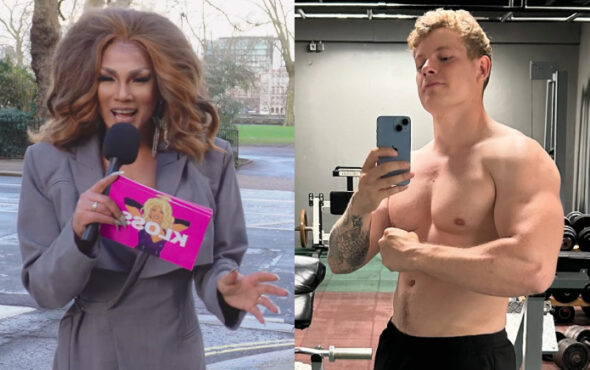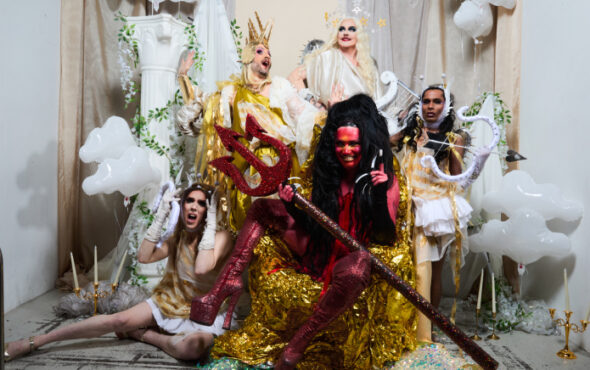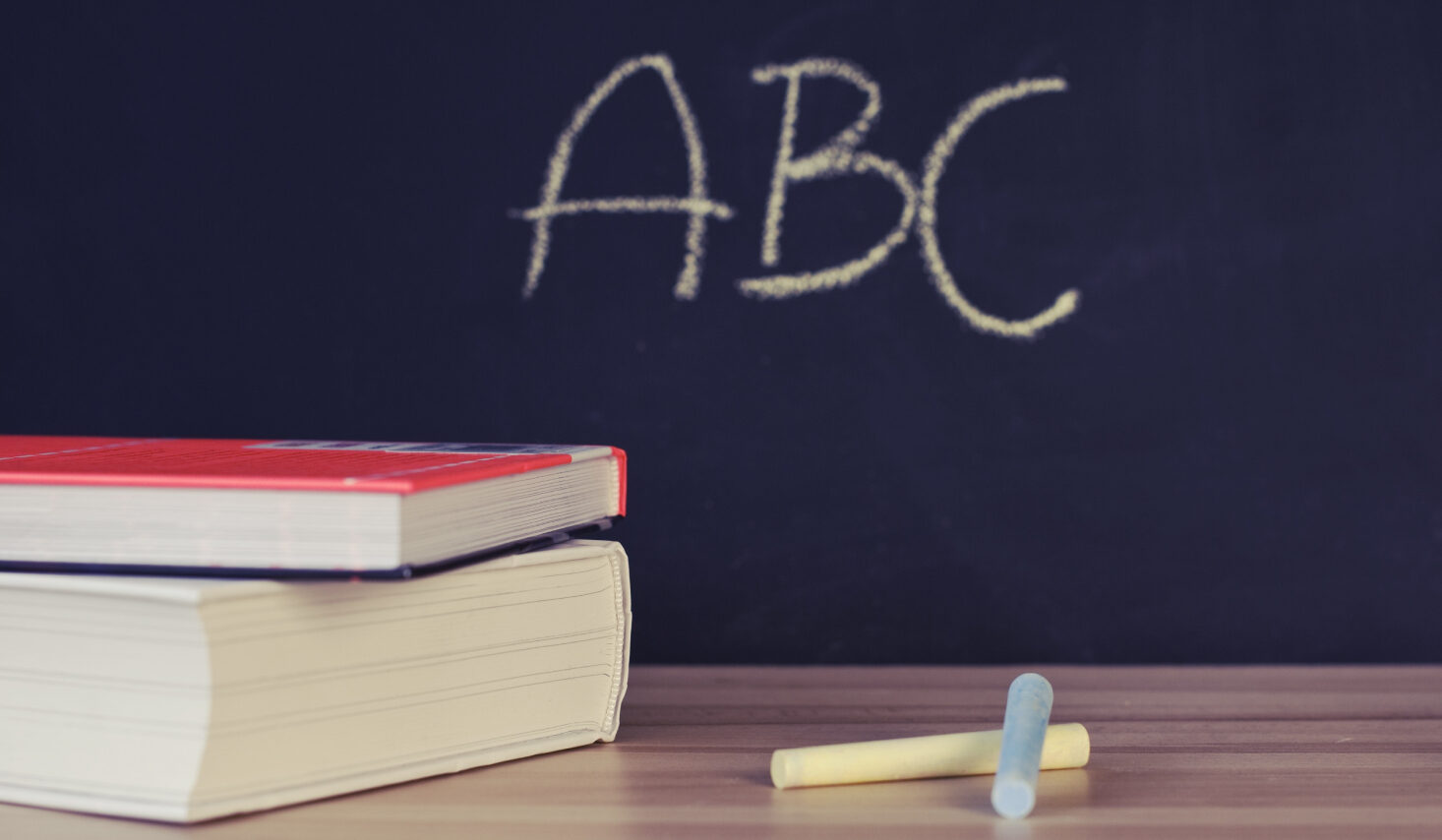
It always struck me as a particularly cruel trick to erase a large group of people from our education system, wiping every trace of their existence from history, art, music and science without saying a word. Even crueler, would be to subject that same group of people to the same education system that denies their existence.
Such an act would at best, gaslight them into believing that each of them was completely alone in their thoughts and feelings, and at worst, that there was something inherently evil about them. A lot for any child to take in.
Section 28 was a piece of legislation that banned the promotion of “the acceptability of homosexuality as a pretended family relationship” in local authorities and schools across the UK. The Act created a culture of fear in schools by effectively banning teachers from discussing LGBTQ+ issues or being supportive of LGBTQ+ young people – something that I continue to see the impact of every day at Just Like Us, the LGBTQ+ young people’s charity.
My friend’s teacher who wore a “Ban the clause!” button to class. “What’s the clause?” he asked. The teacher replied: “If I talk to you about this I’m risking my job. And that’s sort of the point”.
Section 28 was scrapped 19 years ago today in England and Wales, after years of work from LGBTQ+ campaigners, finally allowing schools to speak positively about LGBTQ+ people, culture and history. Subsequent years saw the introduction of The Equality Act 2010 and Ofsted guidance directing schools to teach about LGBTQ+ people and relationships. In less than 10 years, discussion about LGBTQ+ people in most schools went from being banned to being mandatory.
Most recently, in September 2020 new guidance was brought requiring all secondary schools to teach relationships and sex education and all primary schools to teach about relationships was introduced. While schools could still choose how they wanted to deliver it, the guidance stated that all secondary schools must teach about sexual orientation and gender identity and all schools (including primary schools) must teach about different family types which could include LGBTQ+ families.
Victory, you might think, though not quite. What is actually taught in schools about LGBTQ+ people varies wildly, with some schools giving young people a fantastic education into different sexual orientations and gender identities and others doing nothing at all. Whether an LGBTQ+ young person goes to a school that will send them positive messages about who they are is still mostly a matter left up to chance. In fact, half (48%) of pupils have had little to zero positive messaging about LGBTQ+ people in the past year, our report found.
While Section 28 has ended, 19 years later we are still stuck in an era of uncertainty and confusion and fear. New independent research of 6,179 primary and secondary teachers released today by Just Like Us finds that one in five (17%) of teachers say they’re uncomfortable with discussing LGBTQ+ topics with their pupils.
Shockingly, only a third (29%) of UK teachers are ‘completely comfortable’ talking about lesbian, gay, bisexual and trans topics in the classroom, despite recent government guidance reinforcing the need to include LGBTQ+ topics in schools.
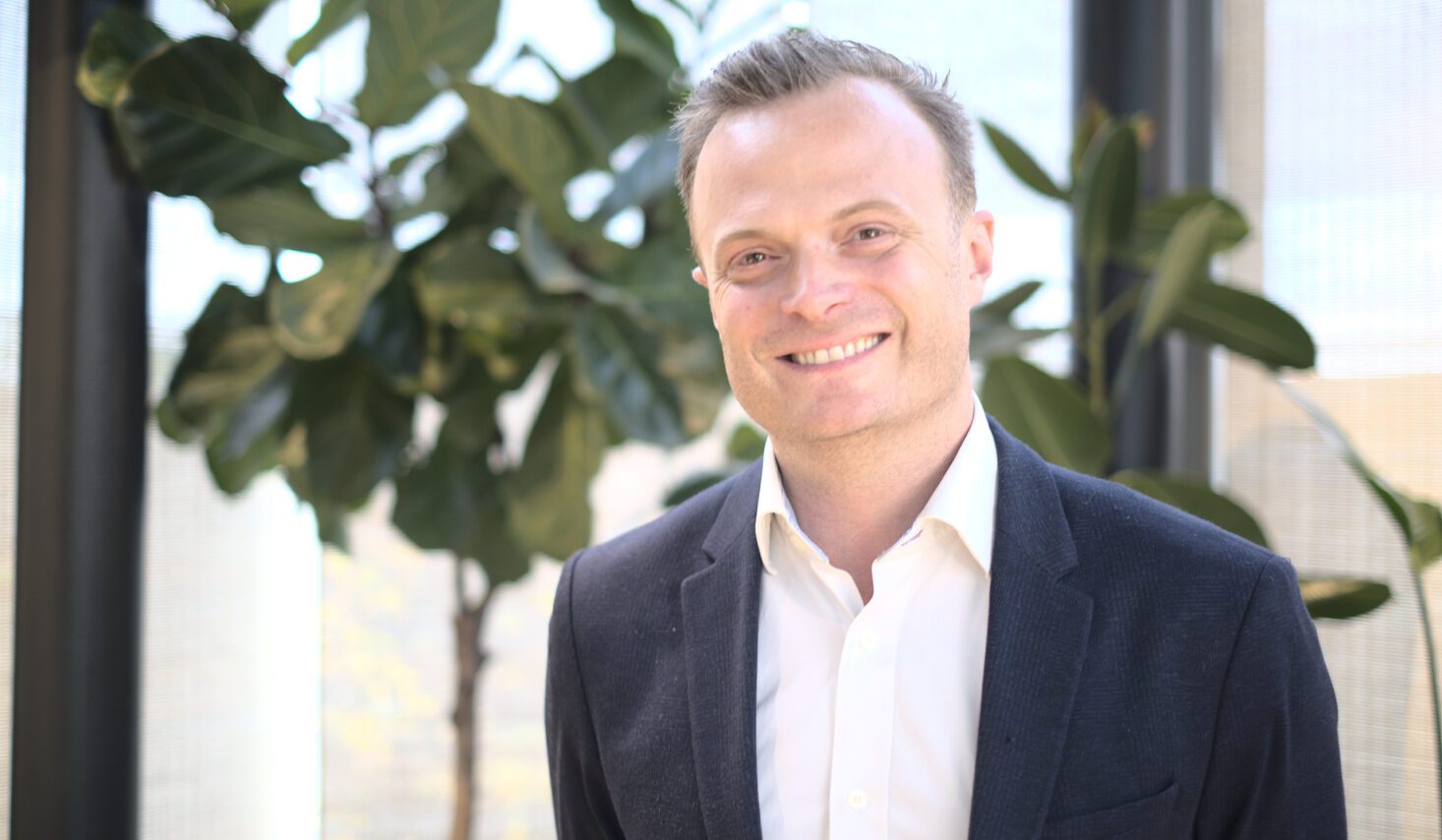
With so many teachers saying they’re uncomfortable discussing LGBTQ+ topics, such as mentioning that some families have lesbian mums, we must consider the knock-on effects for LGBTQ+ young people’s wellbeing and mental health, who are currently twice as likely to be bullied and have depression. Having silence around LGBTQ+ topics only results in shame, stigma and students feeling that they don’t belong in school.
We don’t blame teachers for feeling uncomfortable – in many cases they may not have had personal life experiences, resources or training – but help is out there. All you need is a willingness to support your pupils and Just Like Us can help provide lesson plans, assemblies, talks and training so that you feel confident discussing LGBTQ+ topics with your pupils.
It’s not just LGBTQ+ pupils that suffer from the hangover of Section 28 of course, it’s also teachers. Earlier this year, our report found that 43% of school staff are unsure if colleagues would be comfortable coming out as LGBTQ+ at their school.
A third (31%) of LGBTQ+ primary and secondary staff say their colleagues and school board are a barrier to doing LGBTQ+ inclusion with their pupils – it’s clear the impact on Section 28 continues to haunt our schools.
We also found that schools giving positive messaging about being LGBTQ+ is linked to pupils having drastically improved wellbeing and sense of safety – regardless of whether they are LGBTQ+ or not. So the evidence is clear: all young people benefit from LGBTQ+ inclusion.
The harsh truth is that despite all the evidence that this work leads to better wellbeing, whether or not you go to a school that speaks positively about LGBTQ+ people (unless you have unusually active parents) is still likely to be largely down to luck.
Laws can change quickly given the right circumstances, but sometimes people and culture take longer. At Just Like Us we believe that every single young person has the right to hear that being LGBTQ+ is something to be celebrated – no matter whether they attend a secondary or primary school, a school of a faith origin, no matter where it’s located, nor whether it’s a private or state school.
We ask schools to prioritise the wellbeing and learning of all students by ensuring their work is LGBTQ+ inclusive. We know this may feel challenging, which is why we provide free resources for all key stages and always welcome school staff getting in touch.
And we ask all parents to ask your children’s schools what they are doing to support LGBTQ+ young people. Whether you think your children are LGBTQ+ or not, we know that inclusion is good for all of our young people’s wellbeing so let’s not let Section 28’s history continue to hold us back.
